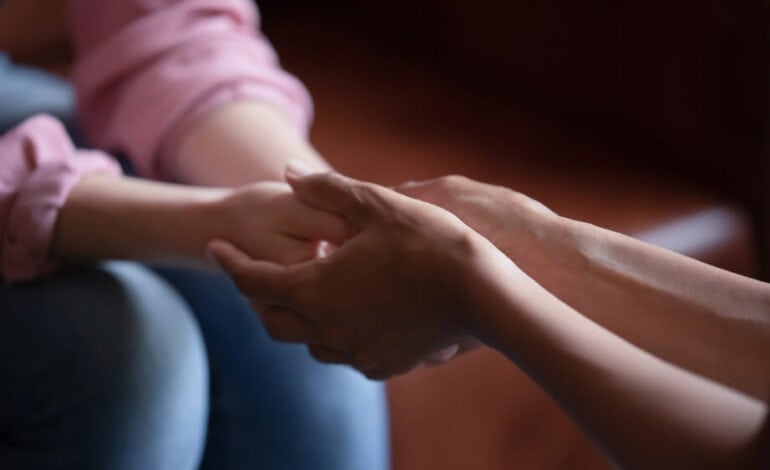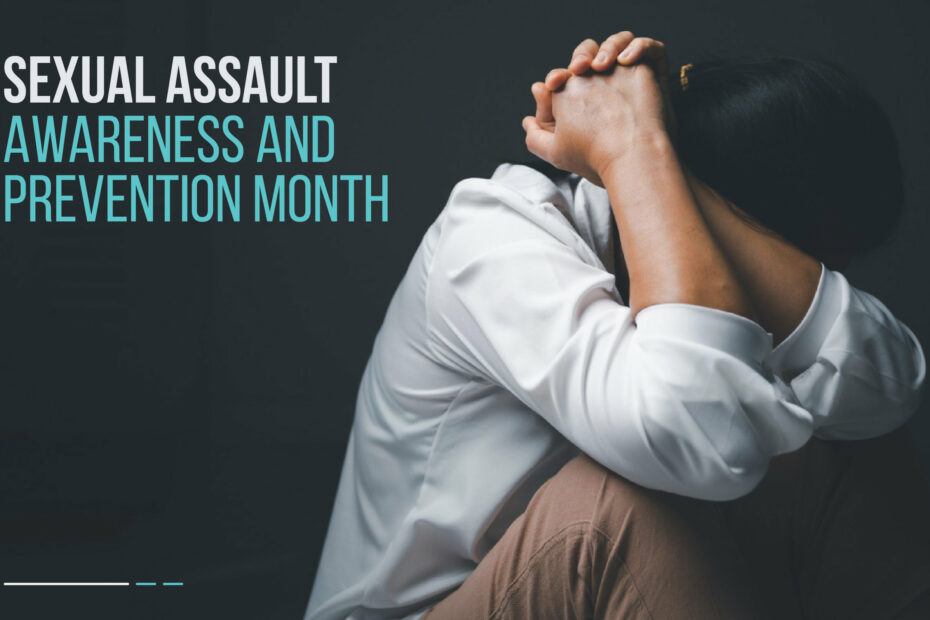To forgive is to set a prisoner free and discover that the prisoner was you.
— Lewis B. Smedes
Forgiveness is an important lesson to learn, not only in recovery but also during many stages of life.
Forgiveness is an intentional and voluntary process. It is characterized by letting go of any negative energy. People forgive each other for small and large mistakes all the time.
We are taught from a young age to value forgiveness to be successful in our personal and professional relationships. Without forgiveness, we will harvest ill feelings such as resentment, anger, jealousy, and bitterness, negatively affecting our mental health.
Forgiveness in recovery can be a bit more complicated. Often we are not only offering forgiveness to others, but we forgive ourselves for our past actions, thoughts, and mistakes.
Dangers of harvesting resentment in recovery
Addiction can be fueled by past abuse, trauma, and hurtful actions by others. However, harvesting resentment in recovery can be very unhealthy and often lead to relapse.
Sobriety usually starts with forgiveness. Harboring anger and resentment can lead to anxiety, increased stress levels, and a weakened immune system.
Resentment and addiction
Individuals struggling with a substance use disorder can often harbor feelings of resentment, guilt, and anger. This can worsen their already present addiction and even lead to a co-occurring mental health illness such as depression or anxiety.
Without forgiveness, there is resentment, blame, guilt, hurt, and grudges. The most common grievances associated with addiction include the following:
- Unrealistic and high expectations of others while holding low expectations for themselves
- Resentful towards other people who are trying to help, give advice, or offer encouragement
- Anger associated with past trauma
- Jealousy of others
- Anger associated with being wrong by others in the past
An opportunity to begin anew
Forgiving others is not only about letting go of negative feelings, but also providing the opportunity for growth within new relationships. It can give you a fresh start, a do-over. A strong support system is necessary for a successful recovery, and by forgiving others, you create space and compassion for new relationships.
The importance of self-forgiveness
Accepting your mistakes, acknowledging your emotions, and learning from the past, are all significant steps in self-forgiveness.
Forgiving yourself for your addiction and the associated behaviors that go along with it can greatly impact your recovery.
Self-forgiveness can boost your self-esteem, which can result in healthier lifestyle choices and self-care routines. It can also allow new growth opportunities, a space for healing, and most importantly, it can allow you to succeed in recovery.
Have you taken steps to forgive yourself and others? If not, what is holding you back?
Acceptance and change
Acceptance in recovery often goes hand in hand with forgiveness, as acceptance means you are no longer fighting the reality but choosing the path forward. You are choosing to heal and to accept compassion.
Acceptance in recovery means that you accept your addiction, your pasts mistakes and are aware that you may make more mistakes in the future. You are accepting the good, the bad, and the ugly.
Acceptance and compassion
Acceptance allows us to practice compassion. Compassion is the ability to face the pain head-on without trying to avoid it or deny it. By facing our own pain, we are able to soothe our own discomforts, which requires acceptance.
We must first be able to accept our pain and reality before we can self-soothe. Self-compassion is necessary before we can have compassion towards others. It is similar to the thought that “if we can’t love ourselves, then we can’t hold love for others”.
Acceptance and healing in recovery
Acceptance allows us to heal our wounds. Regardless of where we are in our addiction recovery process, we still have wounds. Some may be open to the flesh, while others may be hidden or partially healed. Acceptance allows us to see our wounds and learn acceptable coping methods to help heal our wounds.
AKUA Mind and Body treatment
AKUA Mind and Body is a full-service treatment program center that offers a wide range of “east meets west” treatment modalities. AKUA makes your recovery a priority.
AKUA Mind and Body offers detoxification, intensive treatment programs, and outpatient treatment programs.
AKUA Mind and Body uses a blend of holistic approaches combined with evidence-based treatment. This helps individuals affected by substance use and mental health disorders recognize their underlying triggers and develop healthy coping skills. Regardless of where you are in your recovery process, AKUA Mind and Body can help.




